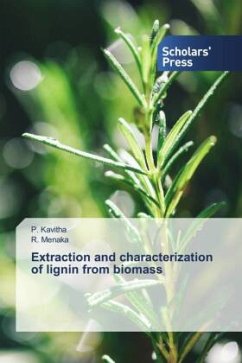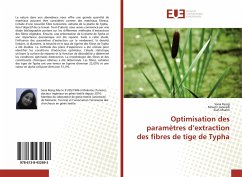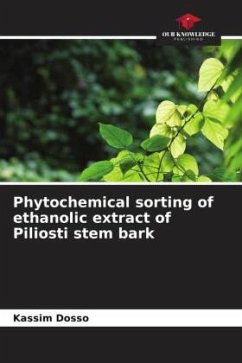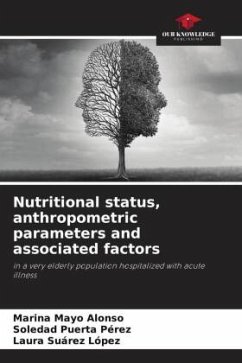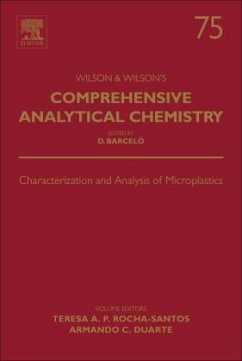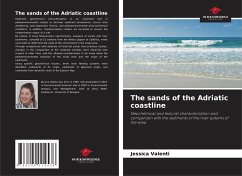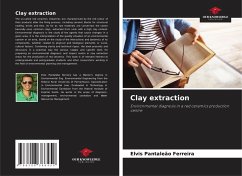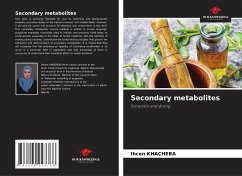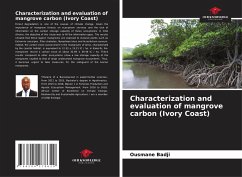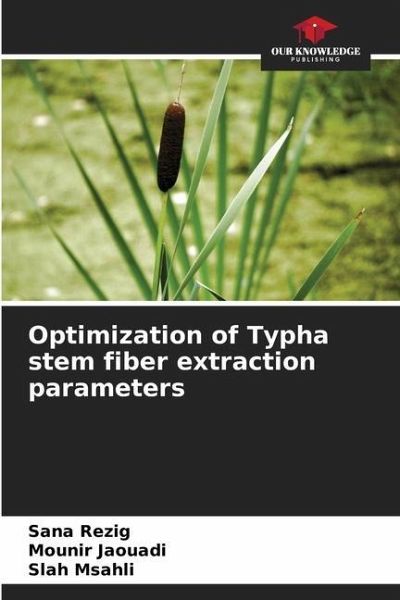
Optimization of Typha stem fiber extraction parameters
Versandkostenfrei!
Versandfertig in 6-10 Tagen
27,99 €
inkl. MwSt.

PAYBACK Punkte
14 °P sammeln!
Nature, in all its abundance, offers us a wide range of materials that can be considered as fibrous materials. The study of a new Tunisian fiber, extracted from the Typha plant, will be the objective of this work. We began with a bibliographical review of the various methods of extracting plant fibers. This was followed by a presentation of the Typha plant and its economic importance. Following this, the influence of extraction parameters on the yield, linear density, diameter, tenacity and lignin content of Typha fibers was studied. The experimental design method was used to identify optimum ...
Nature, in all its abundance, offers us a wide range of materials that can be considered as fibrous materials. The study of a new Tunisian fiber, extracted from the Typha plant, will be the objective of this work. We began with a bibliographical review of the various methods of extracting plant fibers. This was followed by a presentation of the Typha plant and its economic importance. Following this, the influence of extraction parameters on the yield, linear density, diameter, tenacity and lignin content of Typha fibers was studied. The experimental design method was used to identify optimum extraction conditions. Statistical study using response surface and desirability function determined optimal extraction conditions. The morphology of the fibers and chemical constituents obtained was determined. Fibers extracted from Typha stems have a lignin content of around 22.05% and an alpha-cellulose value of around 51.3%.



